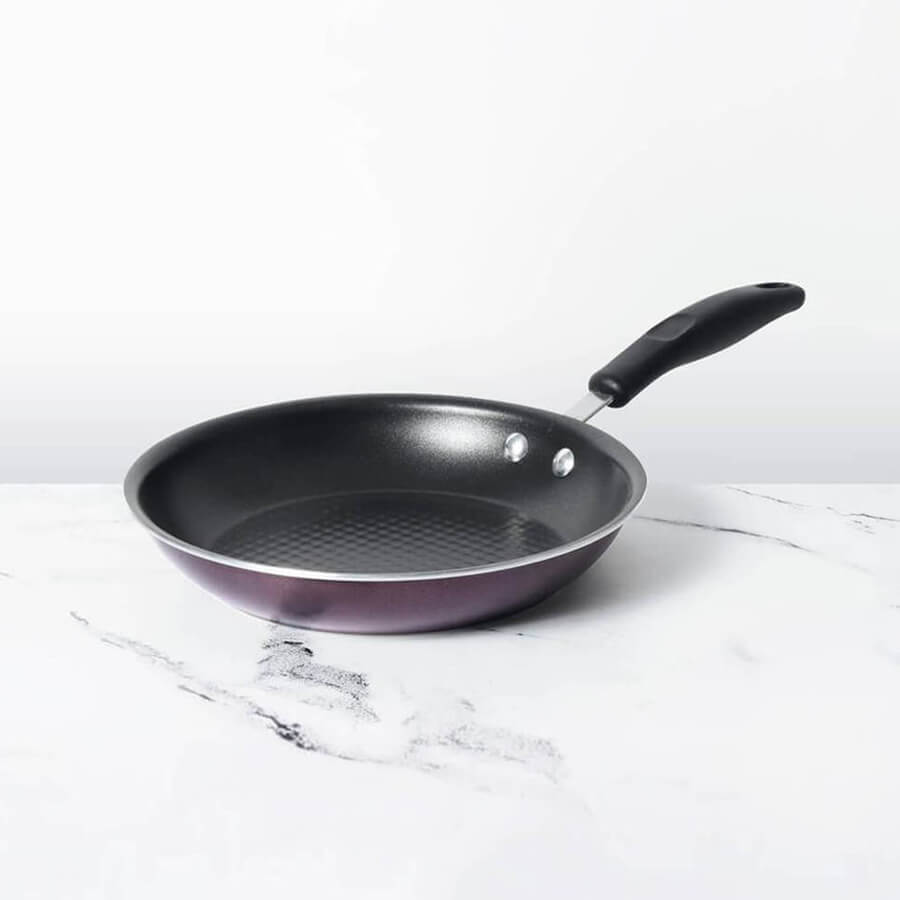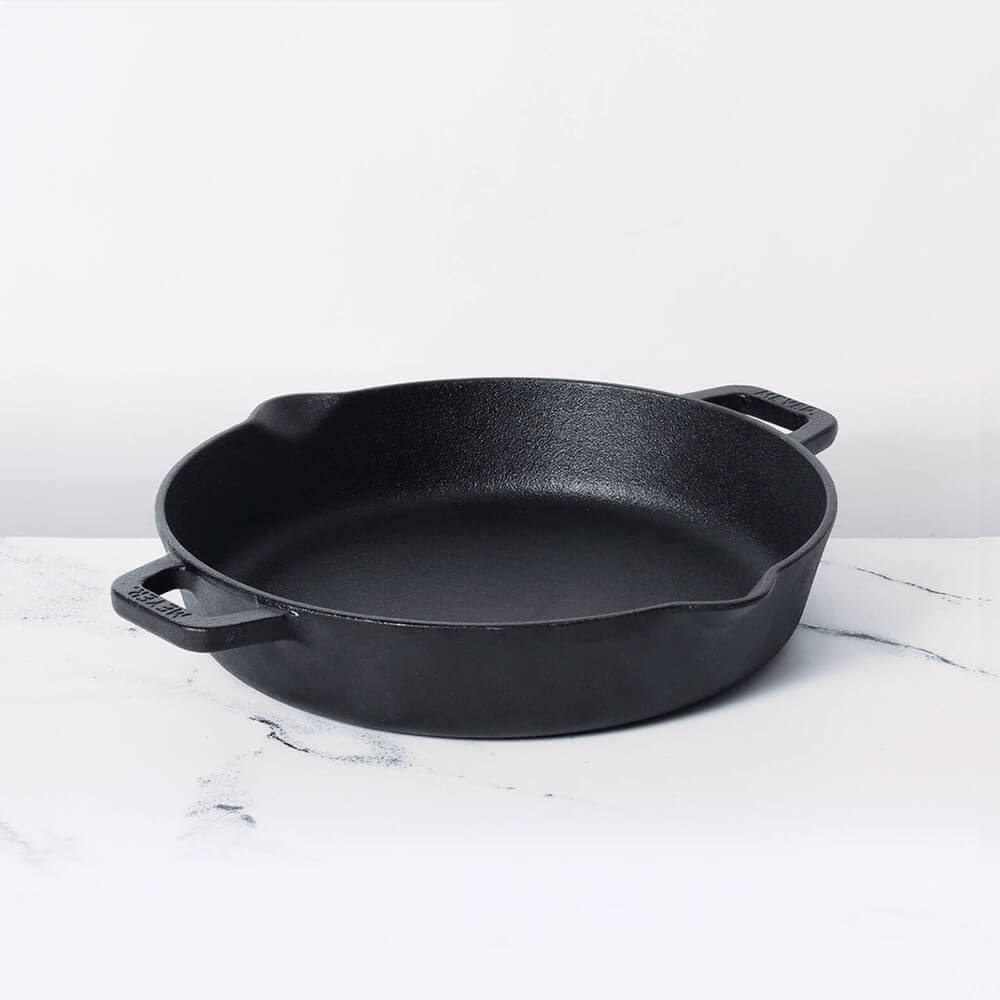Senna, also known as Indian senna, is a potent ayurvedic herb that is widely used for its essential therapeutic and medicinal capabilities in both conventional and modern medical systems. It is a leguminous annual plant that is grown for its pods, leaves, flowers, and fruit, which are all extensively utilised in a variety of herbal preparations. In ayurvedic medicine, herbal teas and extracts made from this plant have been employed as laxatives and stimulants. The plant, which is originally from Egypt, is currently grown all over the world, especially in India, Arab, and African nations. The shrub, which can reach heights of two to three feet, is easily identified by its spear-shaped, pointed leaves, which are a delicate shade of yellowish green.
Table of Contents
Other names of senna alexandrina:
This complex species, with an estimated range of 260 to 350 species, is widely cultivated throughout India's tropical and temperate areas. Indian Senna, Alexandrian Senna, and Senna Alexandria are a few of its common English names. Senai in Hindi, Nelavarike in Kannada, Nilavirai in Tamil, Nelatangedu in Telugu, Nilavilakku in Malayalam, and Swarnapatri in Sanskrit are all names for it on the Indian subcontinent.
Constituents of senna alexandrina:
Anthraquinones, such as dianthrone glycosides (1.5% to 3%), sennosides A and B (rhein dianthrones), and sennosides C and D, are present in senna (rhein aloe-emodin heterodianthrones). There have been many identified minor sennosides, and they all seem to contribute to the laxative effect. Additionally, the plant has trace levels of free anthroquinones like rhein, aloe-emodin, chrysophanol, and their glycosides. There are flavonols like kaempferol and isorhamnetin present. There are also the glycosides 6-hydroxymusizin and tinnevellin. Senna also contains trace amounts of volatile oil, chrysophanic acid, salicylic acid, saponin, resin, mannitol, sodium potassium tartrate, and resin.
Early use of senna alexandrina:
According to the "Magic and Medicine of Plants," Caliph Harun al-Rashid summoned renowned Christian Arab physician Mesue the Elder in the ninth century CE. Senna leaves, which are native to North and East Africa and work to relieve constipation, were introduced by Mesue. Senna became popularly employed as a laxative in Baghdad after Mesue the Elder's visit. Native Americans utilised senna to treat fevers despite being aware of its laxative properties.
Health benefits of senna alexandrina:
Treats Constipation/Piles:
A typical digestive problem brought on by aggravated pitta and vata doshas is constipation. Senna aids in the treatment of constipation by balancing the doshas. Senna's natural laxative properties help to control constipation and other digestive problems. The presence of active bio components aids in regularising bowel movements and loosening of the stool. Additionally, because of its purgative and laxative properties, which aid in removing waste from the large intestine and prevent piles from forming, it is also helpful for cleansing the colon.
Promotes liver health
Virechana, also known as purgation therapy, is advised for the treatment of hepatomegaly, splenomegaly, and jaundice in accordance with the holistic philosophy of Ayurveda. The Senna plant's dried leaf or pod extracts stimulate the liver and provide a means of removing too much Pitta from the body. In addition, the senna leaf is a natural blood purifier that enhances liver function and removes toxic pollutants from the body.
Worm Infestation
This medicinal plant's strong anthelmintic qualities help prevent worm infestation. Without harming the body, it effectively removes parasitic worms from the gastrointestinal tract.
Controls weight
Poor food habits and lifestyle choices lead to weak digestive fire, which increases Ama and causes constipation. Obesity is the outcome of an imbalance in the system's meda dhatu (fatty tissues). Due to its deepan (appetiser) activity by reducing the buildup of fat in the body, senna extract helps to clear ama. In addition to these benefits, it also eliminates waste from the digestive tract and provides relief from constipation, which further contributes to weight loss. It is not suggested to use this powder for an extended period of time. As a result, it is crucial to consult ayurvedic experts before using this product for weight loss.
Boosts Skin Health
Senna is a tried-and-true treatment for a number of skin issues, such as eczema, blisters, inflammation, and itching. Kapha and pitta doshas can be calmed with senna extract. This herbal powder prevents pore clogging and reduces inflammation, which helps to fight acne breakouts and minimise scarring. Senna powder applied topically with rosewater lowers swelling and lightens acne scars.











Leave a comment